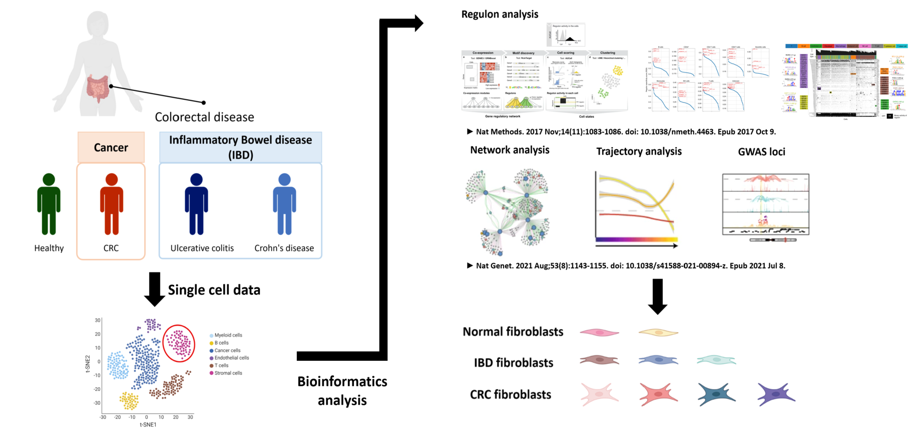Bioinformatics (BI)
1.Definition and value of bioinformatics
Bioinformatics is a discipline that efficiently organizes and interprets vast biological information using computers to elucidate its biological and medical significance. Coupled with gene mapping analysis, it has emerged as a leading industry in the next-generation of advanced technologies. While the human genome, often referred to as the “blueprint of life,” was almost fully mapped by the end of the 20th century, this merely provided us with 3 billion genetic code characters (bases) of data. Without deciphering this code, the meaning of the genome remains obscure. The 21st century is called the era of life science because discovering the valuable information hidden within the sea of genetic code can lead to the development of dream drugs and treatments. This has intensified the global competition in post-genome research. Bioinformatics, a new science that merges biology and information technology, is essential for determining protein structures, predicting their functions, and elucidating protein-protein interactions in post-genome research.
Next-Generation Sequencing (NGS), along with comprehensive genomics analysis and bioinformatics technologies, is at the forefront of the convergence of pharmaceutical sciences and modern biology. This is transforming medical biology into science-based systems biology. This enables the diagnosis and systematic explanation of the causes of diseases at the genetic level. Moreover, it allows for the identification of therapeutic targets at the cellular and molecular levels.
In particular, the rapidly growing volumes of NGS, Copy Number Aberration, Genomic DNA Methylation, and Histone Modification ChIP-Seq data are revolutionizing cancer genomics. This enables highly accurate bioinformatics analysis for identifying tumor-causing mutations, predicting cancer development, understanding tumor clonal evolution, and optimizing drug combinations for personalized cancer medicine.

2. Current bioinformatics research topics in our lab
2-1) Research on biomarker discovery and novel findings using diverse datasets, including scRNA-seq data
Despite extensive clinical research, chemotherapy and anti-PD-L1 remain the only first-line therapies for small cell lung cancer (SCLC). To identify novel, cancer-specific therapeutic targets and reduce off-tumor effects, we are conducting research to find the most significant bispecific antibody target by applying machine learning and deep learning techniques to identify genes that are lowly expressed in normal lung tissue but highly expressed in SCLC.
2-2) Identification of cell subtype -profiling fibroblasts in colorectal disease
Fibroblasts are key players in the pathogenesis of colorectal diseases such as colorectal cancer and inflammatory bowel disease. However, the lack of a standardized classification of fibroblast subtypes and limited knowledge of their dynamic changes during disease progression hinder our understanding of their role. To address these gaps, our research team is focused on identifying novel fibroblast subtypes.

